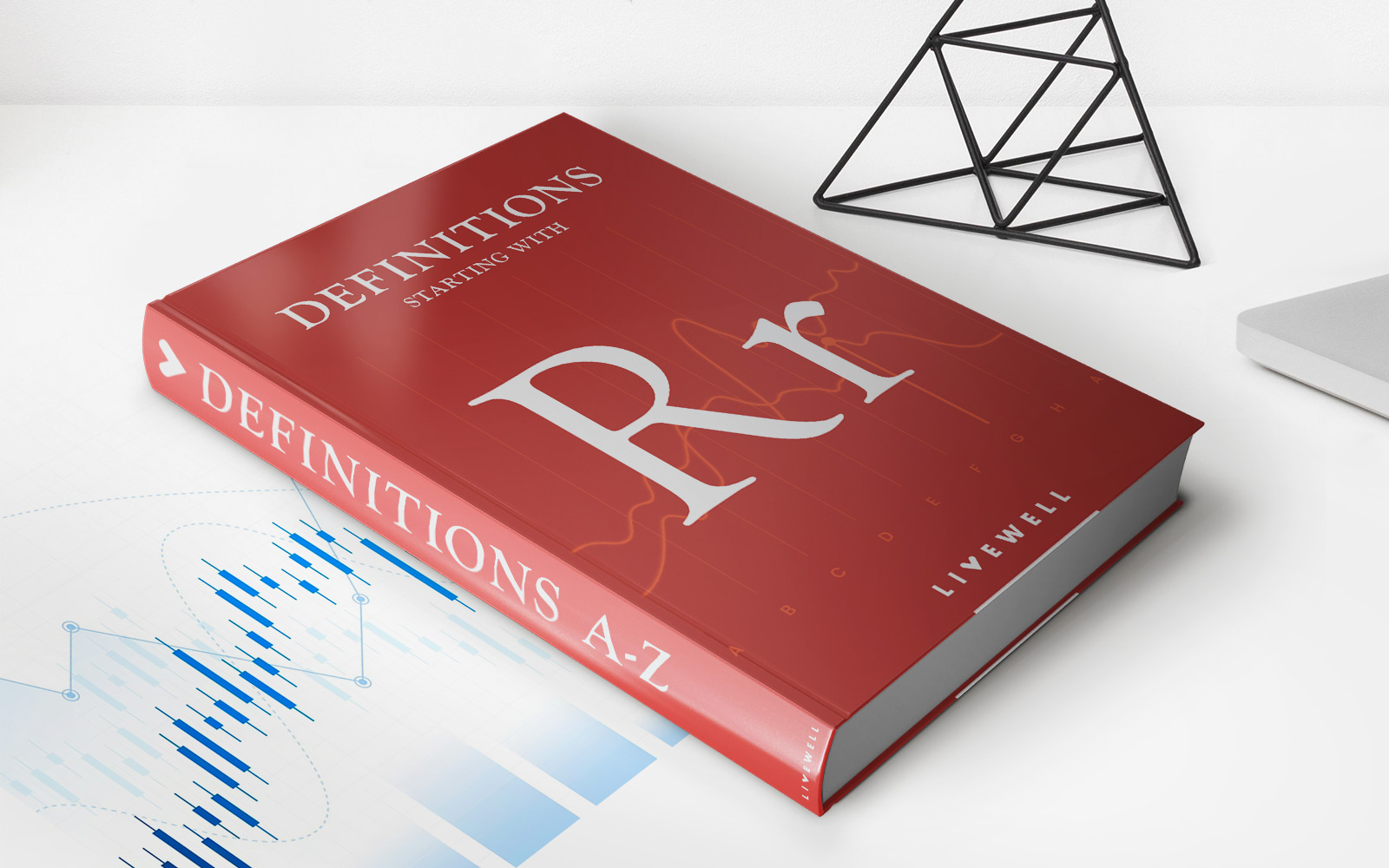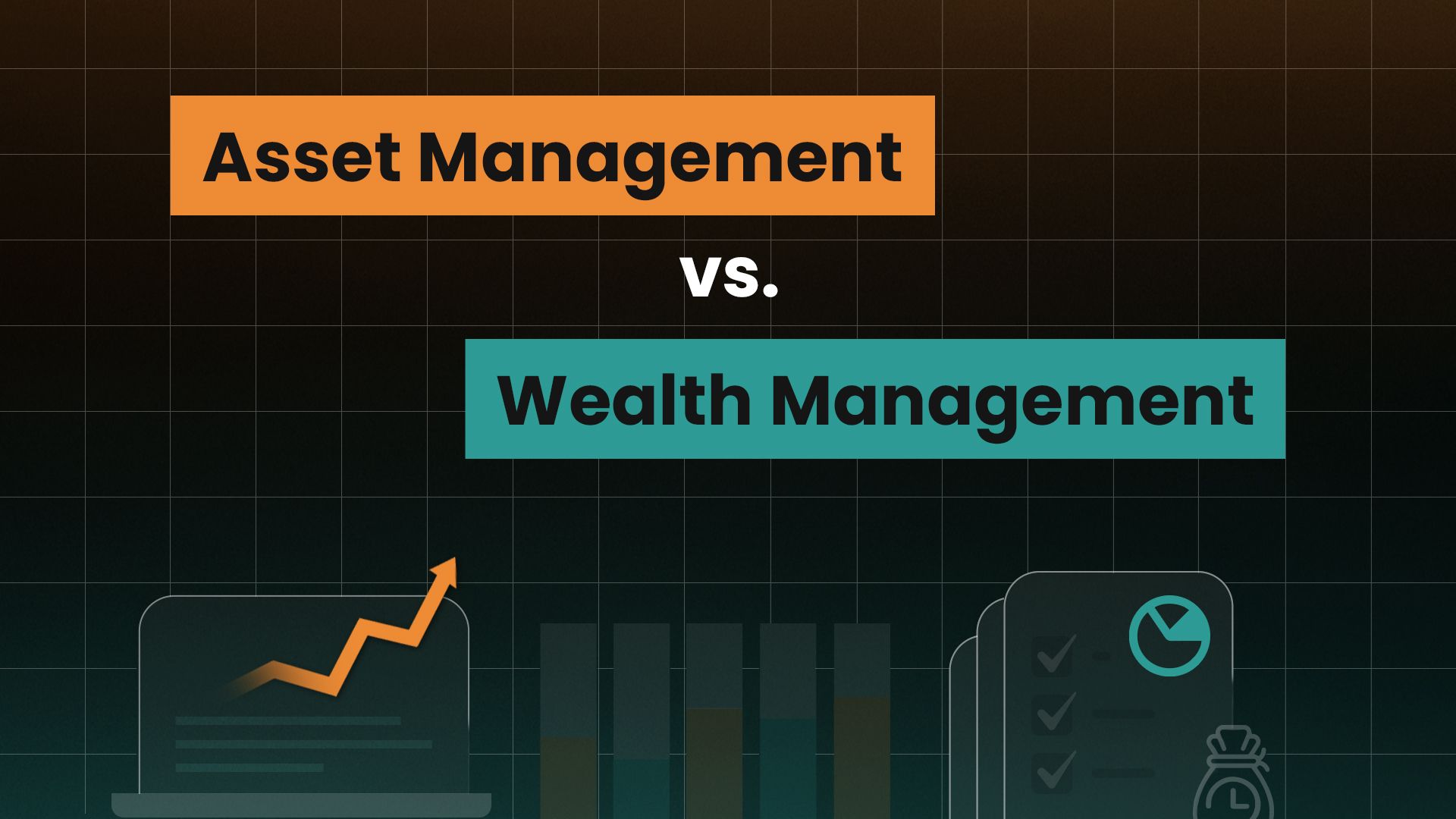Home>Finance>Qualified Professional Asset Manager (QPAM) Definition


Finance
Qualified Professional Asset Manager (QPAM) Definition
Published: January 14, 2024
Learn the definition of Qualified Professional Asset Manager (QPAM) in the field of finance. Discover the role and importance of QPAMs in managing assets effectively.
(Many of the links in this article redirect to a specific reviewed product. Your purchase of these products through affiliate links helps to generate commission for LiveWell, at no extra cost. Learn more)
Understanding the Qualified Professional Asset Manager (QPAM) Definition
When it comes to navigating the complex world of finance, it’s important to have a clear understanding of the various terms and concepts that are involved. One such term that you may come across is Qualified Professional Asset Manager (QPAM). In this blog post, we will delve into the QPAM definition, its significance, and how it relates to financial institutions.
Key Takeaways:
- Qualified Professional Asset Manager (QPAM) is a term used to describe an investment manager who meets certain regulatory criteria.
- Financial institutions that are considered QPAMs have the ability to manage assets on behalf of pension plans and other entities.
So, what exactly is a Qualified Professional Asset Manager? In simple terms, a QPAM is an investment manager who has satisfied specific criteria set forth by regulatory authorities. These criteria typically involve qualifications, experience, and adherence to certain ethical standards. By meeting these requirements, the QPAM is deemed capable of acting as a fiduciary and managing assets on behalf of pension plans and other entities.
Financial institutions that qualify as QPAMs gain certain advantages. For example, they may be exempt from certain prohibited transaction rules under the Employee Retirement Income Security Act (ERISA). This exemption allows QPAMs to engage in transactions that would typically be prohibited under ERISA, thus providing more flexibility in managing the assets entrusted to them.
To become a Qualified Professional Asset Manager, an investment manager must undergo a thorough evaluation process and satisfy specific criteria. This includes demonstrating expertise in investment management, maintaining compliance with applicable laws and regulations, and having appropriate policies and procedures in place to protect the interests of their clients.
It’s worth noting that the QPAM definition may vary slightly in different jurisdictions. However, the overarching purpose remains the same – to ensure that investment managers are qualified and capable of acting as responsible fiduciaries.
The Importance of QPAMs in the Financial Industry
The role of Qualified Professional Asset Managers is crucial in the financial industry for several reasons:
- Fiduciary Responsibility: QPAMs are entrusted with managing significant assets and making investment decisions on behalf of clients. Their role as fiduciaries requires them to act in their clients’ best interests, ensuring that their investments align with their objectives and risk tolerance.
- Regulatory Compliance: By meeting the QPAM criteria, investment managers demonstrate their commitment to complying with relevant laws and regulations. This helps maintain the integrity of the financial system and builds trust with clients and regulators.
- Asset Management Expertise: QPAMs undergo rigorous evaluations to ensure they possess the necessary knowledge and experience in managing assets. This expertise allows them to make informed investment decisions and navigate the complexities of the financial markets.
In conclusion, understanding the Qualified Professional Asset Manager (QPAM) definition is essential for those operating in the finance industry. Whether you are a pension plan participant or a financial institution, having confidence in the capabilities of your investment manager is paramount. By meeting the QPAM criteria, investment managers can provide the peace of mind that comes with knowing your assets are in capable hands.














